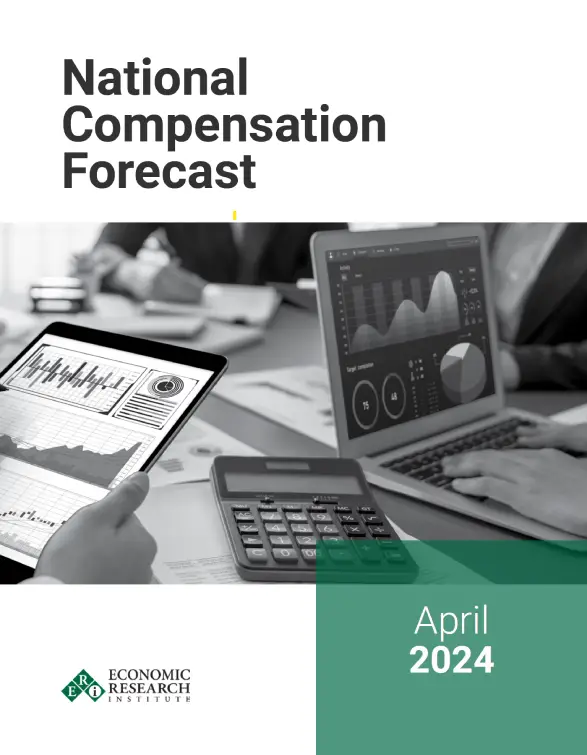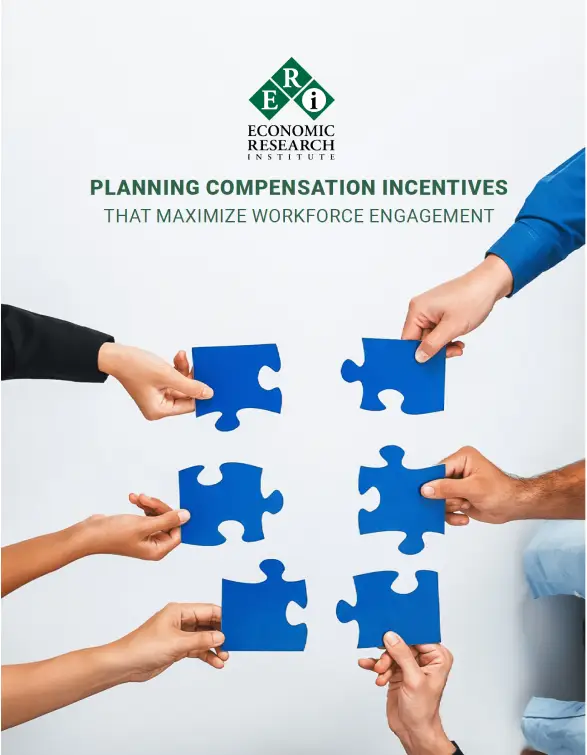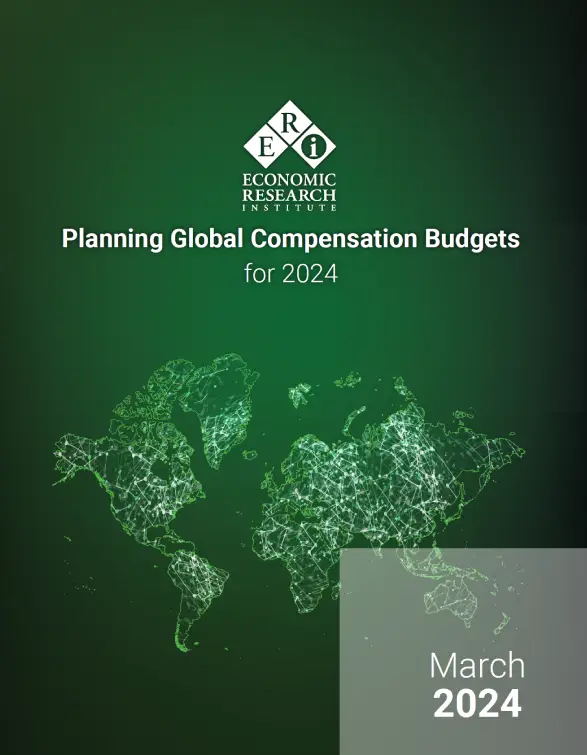As public budgets tighten, the teacher salary debate has recently gotten more heated. While most researchers seem to agree that higher teacher quality translates into improved student performance, does higher pay necessarily bring the best and the brightest to the profession?
A recent London School of Economics blog reported on research by Professors Peter Dolton and Oscar Marcenaro-Gutierrez that compared teacher pay and where it fits in the national income distribution with student achievement in the various OECD countries. They found that higher teacher pay tends to lead to the desired better student performance and also tends to attract more able graduates into the profession. When teaching attains a higher standing in a country’s income distribution, the national status of teaching as a profession is enhanced. The end result of this higher pay linked with higher status as a profession tends to be a positive impact on student performance. (Read more)
Meanwhile, in the US, Andrew Biggs and Jason Richwine from the Heritage Foundation found that teachers were overpaid in Assessing the Compensation of Public-School Teachers. They conclude that public school teacher pay is comparable to the pay of similarly skilled private sector workers, but that more generous fringe benefits for public school teachers, including greater job security, make total compensation 52 percent greater than “fair market” levels. They claim this is equivalent to more than $120 billion overcharged to taxpayers each year. They suggest that teacher compensation could therefore be reduced with only minor effects on recruitment and retention. Alternatively, teachers who are more effective at raising student achievement might be hired at comparable cost.
Researchers at the Economic Policy Institute (EPI) were quick to respond. EPI’s analysis found that average weekly pay of teachers in 2003 was nearly 14% below that of workers with similar education and work experience, a gap only minimally offset by the better nonwage benefits in teaching. In fact, teacher earnings have fallen below that of the average college graduate in recent decades, losing considerable ground during the late 1990s, as earnings of college graduates grew 11% relative to the much lower 0.8% growth in teacher earnings. See How Does Teacher Pay Compare? EPI also analyzed the data sources and statistical methods used in the latest Heritage Foundation study and found serious problems with the report and its conclusions (click here for details).
Again, if effective teachers are the most important resource schools have for improving the academic success of their students, reducing teacher pay is not going to have the desired result on student performance!
To add some perspective to this issue, check out Jon Stewart’s opinion on teachers’ pay.


